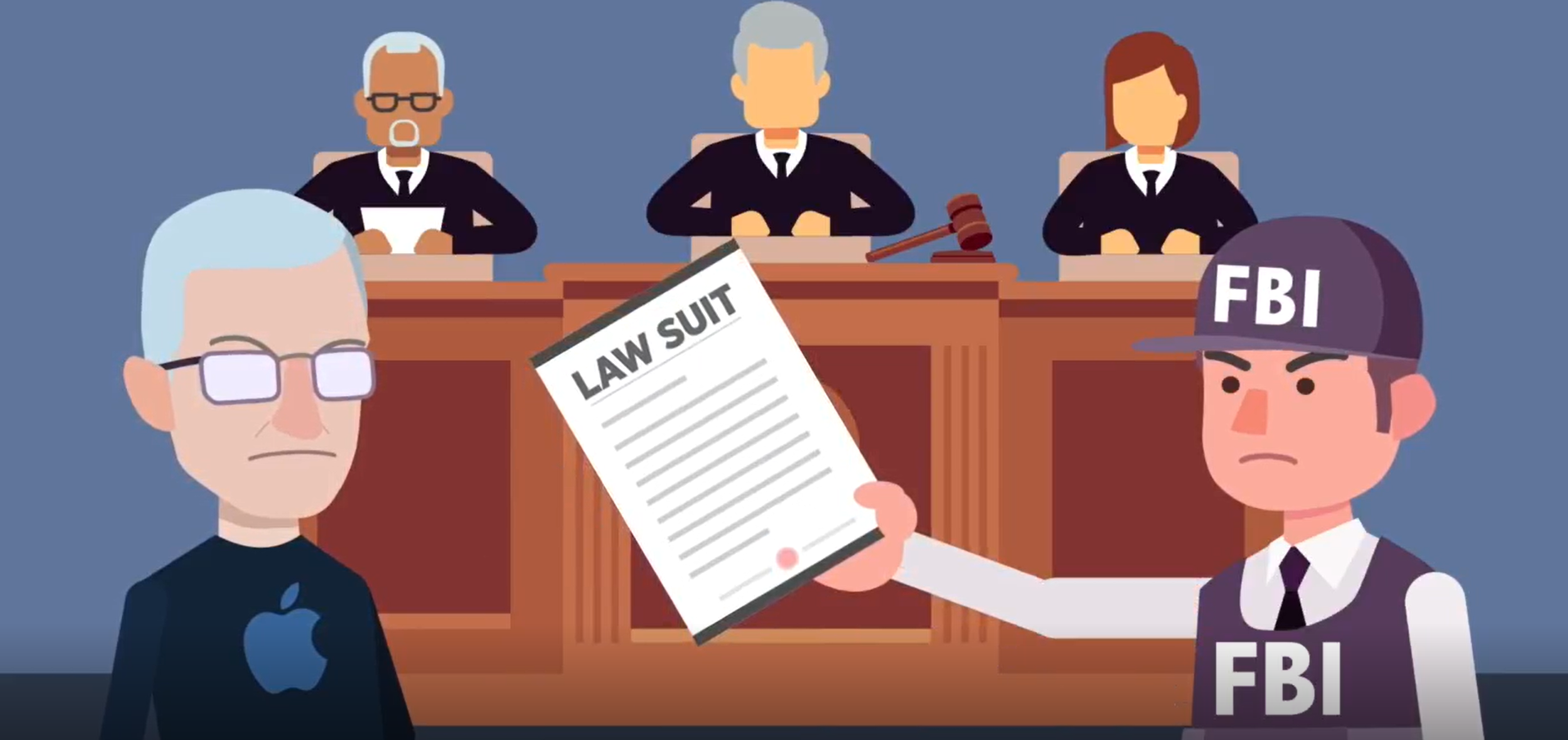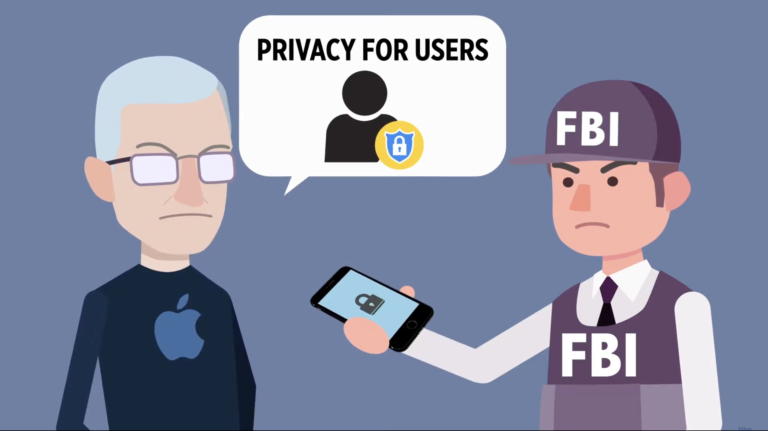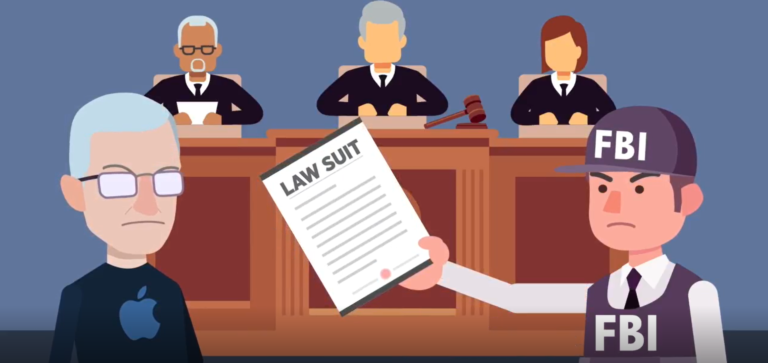Transcript
Now on the question we have asked several times: who is responsible for protecting our data?
The short answer is you, at least that’s where it should start.
Both of us are parents of young children and we are trying to do a better job of educating our children about privacy and data than our parents did. This is not to say they were bad, but they didn’t have to face these issues and challenges we are facing today.
Studies have shown, that young people today are very similar to one or two generations before them in their stances on moral decision-making in almost every regard except for one. And that is the perception of privacy. Young people today do not have the same standard or high regard for privacy, because they’ve grown up on a public stage. Every day is Instagrammable, and if you didn’t post it, it didn’t happen. We’ve given up so much of our own privacy that it’s no longer even perceived as a moral issue any more, because in their mind there is no other option.
So we think protection of privacy and private data definitely starts with the consumer ourselves.
Now let’s flip it back to Apple. Apple’s business model from a marketing perspective is that we buy their products and they don’t sell our data. This is partially true because a lot of their revenue is from the hardware that they produce. So do you think that they actually care about data and they’re using this as a moral high ground, or is it just a marketing ploy?
Certainly for Apple Executives, we hope they do have a moral high ground. But at the same time, their business model doesn’t require them to monetize the data by selling them to external parties because the nature of their business and the ecosystem in which users operate are almost all within Apple.
David Bishop used to be Apple’s outside counsel within Asia. They had a direct phone line to him when he was still in a law firm and he had a lot of close interaction with various people within Apple at the time when iTouch and iPhone were first introduced into Asia. One of the things that immediately became apparent to him was that the profit margin was paramount. In fact, the profit margin on the hardware, at the time, was well over 60%, that’s almost like a cosmetics type of profit margin.
And an interesting thing about Steve Jobs and the business model that he made was that it was fully self-contained. He wanted people in an ecosystem so they eventually just use Apple products. If you are an Apple user, think about what you have to give up to leave that ecosystem. Whether it’s the earbuds or the charging cable, they can only work within the Apple ecosystem.
So now, interestingly enough, we have the Android model which is the exact opposite, flooding the market with apps and services as broadly as they can. And they don’t care whom the hardware was from because their revenue model is based on the selling of the data.
So we are not so sure that Apple is altruistic or moral in this way. If they had built a model that could generate revenue in a way that’s similar to Google, while simultaneously maintaining the profit margins on their hardware, would their ability to take that moral high ground change? Perhaps. The profit incentive can be really powerful for listed companies. To them, profit motivation frequently overwhelms any kind of moral principles that CEOs and companies may espouse to. This is very unfortunate.
The good news is, we do see now more and more leaders taking on an activist approach beyond just their business to voice out on moral issues. And we think it’s necessary for such leaders to contribute that voice to these kinds of debates in order for us, as users, them as the producers of these products, as well as governments, to collectively think about how we can manage these issues around data and protecting data.



